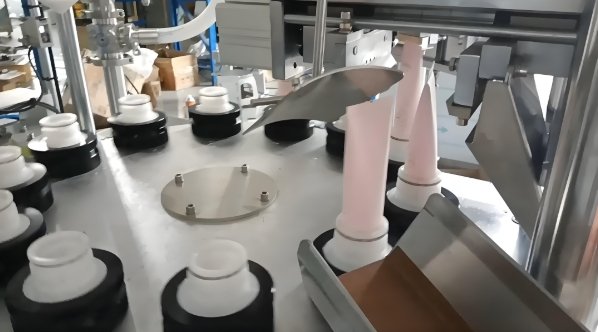
The automotive industry evolves rapidly. With it, Automotive Injection Molds and skilled Mold Makers are advancing. They play a vital role in manufacturing modern vehicles. This article explores the future of injection molding in automotive production.
Why Automotive Injection Molds Matter
1. Precision in Manufacturing
Automotive parts need extreme precision. Injection molds ensure consistent quality in every component.
2. Durability and Strength
High-performance vehicles need durable parts. Molds create components that withstand stress.
3. Cost Efficiency
Mass production reduces costs. Injection molds offer faster and more efficient processes.
Future Trends in Automotive Injection Molds
1. Lightweight Designs
Lightweight vehicles improve fuel efficiency. Injection molds produce parts from lighter materials. These include reinforced plastics and composites.
2. Sustainable Materials
The future focuses on eco-friendly solutions. Recyclable and biodegradable plastics will dominate. Molds will adapt to handle these new materials.
3. Advanced Technologies
Smart molds will revolutionize production. Sensors will track mold performance in real time. This ensures fewer defects and consistent quality.
Role of the Mold Maker
1. Design Expertise
Mold Makers craft molds for complex parts. They use advanced software like CAD to create precise designs.
2. Material Innovation
They choose the best materials for durability. As plastics evolve, so do their designs.
3. Process Optimization
Mold Makers streamline production. They ensure molds work efficiently with minimal waste.
Key Applications of Future Injection Molds
1. Electric Vehicle Parts
EVs need unique components. Battery housings and lightweight frames require precise molding.
2. Autonomous Vehicle Sensors
Sensor casings demand high precision. Injection molds create durable and accurate designs.
3. Interior Components
Future vehicles will have smart interiors. Molds will produce dashboards and panels with integrated technology.
Advancements in Molding Techniques
1. Gas-Assisted Injection Molding
This technique creates hollow sections. It reduces weight while maintaining strength.
2. Overmolding
Overmolding combines multiple materials in one part. It enhances durability and functionality.
3. 3D Printing Integration
3D printing speeds up mold creation. It allows rapid prototyping for new designs.
Benefits of Advanced Automotive Injection Molds
1. Improved Vehicle Performance
Lighter and stronger parts enhance handling and efficiency.
2. Eco-Friendly Production
New materials reduce environmental impact. Molds help minimize waste during production.
3. Customization Options
Injection molds offer endless design possibilities. Vehicles can have unique and innovative parts.
Challenges Facing the Future
1. Material Limitations
Not all plastics meet automotive standards. Mold Makers will face challenges with emerging materials.
2. Cost of Innovation
Advanced technologies require investment. Companies must balance cost with efficiency.
3. Durability of Smart Molds
Smart molds will need regular maintenance. Ensuring reliability will be critical.
Solutions from Skilled Mold Makers
1. Ongoing Training
Mold Makers must stay updated on new materials and techniques. Training ensures they meet evolving demands.
2. Collaborative Innovation
Teams will work closely with designers and manufacturers. Collaboration speeds up innovation.
3. Predictive Maintenance
Smart molds will use data to predict wear. This reduces downtime and increases efficiency.
The Role of Sustainability
1. Recyclable Materials
Future molds will focus on processing eco-friendly plastics. This supports a circular economy.
2. Energy-Efficient Production
Injection molding machines will use less energy. Automation and robotics will optimize processes.
3. Reduced Waste
Advanced molds will ensure precise material usage. This minimizes scrap and supports sustainability goals.
Future Technologies in Mold Design
1. AI-Driven Mold Design
Artificial intelligence will create optimized mold designs. AI will reduce design errors and enhance precision.
2. Smart Manufacturing Systems
Sensors and IoT devices will monitor mold performance. This will ensure consistent quality and faster production.
3. Digital Twins
Digital twins will simulate mold performance before production. This technology improves accuracy and reduces development time.
The Impact on the Automotive Industry
1. Faster Product Development
Advanced molds will reduce lead times. Prototyping and production will become faster.
2. Improved Safety Standards
Injection molds will ensure parts meet strict safety requirements. Vehicles will be safer and more reliable.
3. Global Competitiveness
Automakers using advanced molds will stay ahead in the market. High-quality parts will attract more customers.
The future of Automotive Injection Molds is exciting. With innovations in materials, technology, and design, molds will transform the automotive industry. Skilled Mold Makers are at the forefront of this change. Their expertise drives advancements in precision, sustainability, and performance. As vehicles evolve, injection molds will remain essential in shaping the next generation of transportation.
